
The first FDA-approved systemic therapy may be beneficial to patients with low-grade astrocytoma or oligodendroglioma with IDH1 or 2 mutations.
Ashley Chan, assistant editor for CURE®, has been with MJH Life Sciences since June 2023. She graduated with a B.A. in Communication Studies from Rowan University. Outside of work, Ashley enjoys spending time with family and friends, reading new novels by Asian American authors, and working on the manuscript of her New Adult novel.

The first FDA-approved systemic therapy may be beneficial to patients with low-grade astrocytoma or oligodendroglioma with IDH1 or 2 mutations.

Cancer-related fatigue guidelines from 2024 explained which interventions help manage the side effect and explain why certain medications may not be helpful.

From Susan Wojcicki and Rachael Lillis dying of cancer to the President Biden announcing that Cancer Moonshot initiative received $150 million, here’s what’s happening in the oncology space.

Imfinzi has been approved as a presurgical treatment with platinum-based chemotherapy and postsurgical treatment alone in surgically removable NSCLC.

Treatment with postoperative radiotherapy for early breast cancer was beneficial within the first decade, but then the risk of recurrence may increase.

Patients with locally advanced muscle-invasive bladder cancer may benefit from dose-dense gemcitabine and cisplatin.
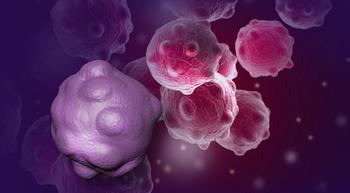
Levels of tumor-infiltrating lymphocytes in patients with stage 1 triple-negative breast cancer may be a biomarker to help with optimized treatment plans.
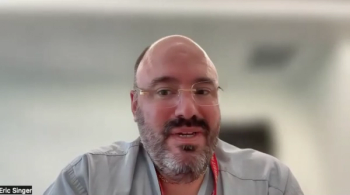
Walking up and down the street a few times a day can help prevent patients with kidney or bladder cancers from becoming deconditioned.

From Patti Yasutake’s death from cancer to Olympic water polo player’s husband’s rare cancer diagnosis, here’s what’s happening in the oncology space this week.

For patients with glioblastoma, collecting information about their disease and treatment options is important before providing informed consent.

Lymphir, an immunotherapy, has been approved by the FDA to treat patients with relapsed or refractory cutaneous T-cell lymphoma.
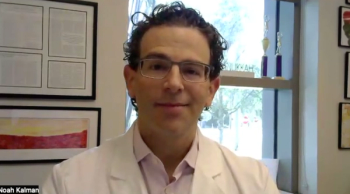
Interventions, such as speech therapy, after receiving radioactive iodine treatment for thyroid cancer may help manage quality of life.

Certain patients with non-small cell lung cancer who are treatment-naive may benefit from receiving a biopsy regarding treatment decision-making.

Considering nutrition and frailty earlier on may help patients achieve better health-related quality of life during kidney cancer and bladder cancer.
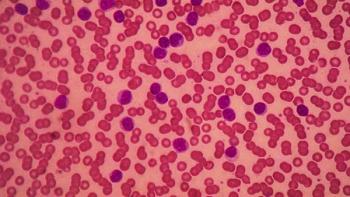
A novel Calquence regimen demonstrated improved outcomes in certain patients with chronic lymphocytic leukemia.

The FDA approved Darzalex Faspro with Velcade, Revlimid and dexamethasone for select patients newly diagnosed with multiple myeloma.

Treatment responses to Xalkori were not affected by PD-L1 expression in patients with advanced non-small cell lung cancer and ROS1 rearrangements.

A novel antibody-drug conjugate received an investigational new drug application for patients with gynecologic and lung cancers.

Questions about whether scalp cooling is painful and how long sessions last were answered by an expert during an interview with CURE®.

For certain patients with cancer, scalp cooling to reduce chemotherapy-related hair loss may be a beneficial option.
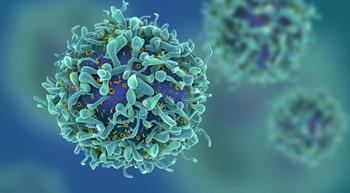
Treating patients with CAR-T cell therapy Breyanzi may change the paradigm for those with relapsed or refractory mantle cell lymphoma, an expert said.

Here are answers to 10 questions patients asked at the CURE® Educated Patient® Metastatic Breast Cancer Summit about scans, treatment and clinical trials.

Putting notes on the fridge is one method that may help patients with glioblastoma who have worsened short-term memory, an expert explained.

From Teddi Mellencamp revealing that she had more melanoma spots removed to Isabella Strahan announcing being cancer-free, here’s what’s happening in the oncology space this week.

An FDA fast track designation was granted to DSP-5336, a novel treatment for patients with relapsed or refractory AML with KMT2A gene rearrangements.
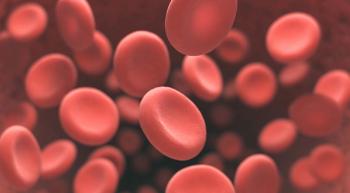
Patients with Philadelphia chromosome-positive acute lymphoblastic leukemia had better MRD statuses after receiving Iclusig, compared with Gleevec.

When faced with scanxiety, one technique Annie Bond uses is yoga breathing exercises to help “breathe through it and just get through the moment.”

Contrary to past research, blood cancer survivors may have safe and successful pregnancies up to 10 years after an allogeneic stem cell transplant.

From a TODAY contributor opening up about breast reconstruction surgery to Arizona rep. Raúl Grijalva completing cancer treatment, here’s what’s going on in the oncology space this week.

Results from a phase 2/3 study demonstrated that paxalisib led to a 3.8-month survival improvement in some patients with glioblastoma.